A system that creates heat and hot water, a boiler is a crucial feature of any build. Essentially a furnace used to heat water, a boiler remains the preferred way to heat the British home.
Forced air heating remains popular in the US, but here water heating is standard – which makes for both good heat conductivity and a certain homeliness, because radiators provide a focus of warmth. So boilers constitute a big market in the UK and not surprisingly, there are some 50 manufacturers or importers providing around 1.4m boilers a year. Few householders buy boilers themselves, however. “We are the decision makers,” says Billy Wilgar of top installers AC Wilgar in Orpington, Kent. “Few householders specify which make of boiler they want.”
Energy efficiency
As far as the kind of boiler is concerned, choice is restricted. Since 2005, following an Energy White Paper, high efficiency condensing boilers have been made mandatory for all new and replacement residential boilers. Consequently, sales are growing at over 15 per cent a year, and although they’re more expensive – £500 more on average than conventional boilers – they are coming down in price, and have a cost saving over time.
“The cost of changing your boiler can be high,” says John Grear, a central heating expert and spokesman for manufacturers Viessmann. “But because condensing boilers have a better performance, you’ll save about 25 per cent of your energy costs – so it’ll pay for itself in four years.”
Plus, they help the collective environmental effort and keep consumption down. “Remember, the UK recently stopped being an exporter of gas and became an importer,” adds Grear. “Prices are likely to go up.” Wilgar, who has sold condensing boilers since they started to appear on the market 12 years ago, says that customers find them difficult to understand. “They get confused about the difference between boilers,” he says, adding that Building Regulations don’t help. “They’re changing all the time, although the trend is always towards a better carbon rating.”
For many people, the decisive factor is how quickly a boiler can heat up hot water, and how much space there is in the home. Well-insulated new homes require remarkably small boilers – which most people welcome, as they can hang unobtrusively on a wall or in a cupboard. “The latest boilers are compact enough to fit in to any home,” says a spokesperson for manufacturers Baxi Potterton. Certainly, a greater sophistication exists, and Wilgar says that increasingly, there are different channels on the temperature controls to heat up different parts of the house at different times: “The combination of controls we have is fantastic and getting better.”
What lies ahead
So, what of the future? John Grear cites a couple of technological innovations, the first being weather compensation whereby the boiler adjusts according to data sent by a sensor fitted to an external wall. “It’s on the market, but few householders have it, because most UK boilers aren’t equipped to deal with it,” he says. “In Germany you can’t fit a boiler without it and I’m sure it will become standard here as it makes extra savings.”
Wilgar says that installation can be complicated. Also, more prevalent will be solar water heating. Boiler manufacturers are working on this: Baxi for instance, offers the Solarflo‚ solar-powered water heating system with roofmounted panels, solar hot water cylinder and heat-transfer system. “During the summer months, as much as 10 per cent of the energy used to provide domestic hot water could be solar,” says Baxi’s spokeswoman.
At the deeper green level, there are renewables such as biomass boilers, which harness organic matter to release heat into the atmosphere. Wilgar cites ground source boilers and is fitting one at his new home – this involves boring into his garden to gain thermal energy, which is then transferred to the home via heat pump systems. These are expensive options at present. Others may want to retain sturdy, traditional ways of heating the home.
“There’s a ‘retro’ fraternity who like solid fuel and oil fired boilers like AGAs,” says architect Jonathan Darke of firm TP Bennetts. In some countries, such as Switzerland and France, the market for solid fuel boilers is growing. But whatever you choose, remember to keep a log book. As advised by the Home Information Pack, showing the energy efficiency of your property is likely to be important to any future sale.
Boiler know how
System or conventional boiler
If it is over 10 years old, your boiler is likely to be a system boiler – also called conventional, standard, regular or traditional – and they still prevail across the country. Here, hot water is heated in a cylinder or storage tank, then delivered by gravity to the plumbing system. An obvious disadvantage is their space-stealing bulk – so they have been superseded by boilers driven by water mains pressure. The advantage they have over these instantaneous combi boilers is the tendency to have a higher flow rate of hot water. Wilgar recommends a storage system for houses with two bathrooms and over.
Condensing boiler
Now standard requirement for British homes, the major difference between a condensing and a system boiler is that the former extracts more heat from the exhaust gases: a process that produces a waste fluid called condensate. (Condensing refers to the combustion method, and condensing boilers can be either conventional or combination formats.) One result of the process is that condensing boilers billow steam from the flue. “You’ve got to get the positioning right, otherwise this plume can be a nuisance,” says Wilgar. Some argue that, because they are more technically complex than traditional boilers, they go wrong more frequently.
Combination boiler
Usually known as a combi‚ this kind of boiler heats water immediately, so you don’t need to wait for a tank to heat up. Consequently, combis have become very popular since their introduction in the 1970s, despite a tendency to be more expensive. They save space, are usually wall-mounted, and easier to install – all of which makes them great for modern, smaller homes, especially flats where space is often at a premium. The combi, however, might take longer to fill a bath, and it can be difficult to run taps simultaneously. To counter these problems, some combis incorporate a storage cylinder to deliver higher water flow rates.
Modulating boilers
It is increasingly common to see the word modulating in descriptions of condensing boilers. Modulation enables the boiler to burn fuel at variable rates. So, rather than a boiler being rated by its power output in kilowatts, a modulating boiler is rated between a lower and a higher output.
High efficiency boilers
Efficiency refers to the energy rating for boilers. If replacing a boiler, it is mandatory to get an A (90 per cent or above efficient) or B (86-90 per cent efficient) rated boiler. The term really only applies to the new generation of condensing boilers and is sometimes interchangeable.
Output
Boilers are gauged by how much heat they produce: their ‘output’, measured (in earlier years) in imperial BTUs and nowadays in metric kilowatts. A potential supplier will be able to help you work out how big a boiler you need. Generally, the larger the house, the bigger the boiler needs to be: adding extra insulation will reduce the boiler size needed.
Insurance
According to price comparison website uSwitch, a boiler breaks down every 15 seconds in the UK and Britons spend £64 million a year on call-out charges – so it may be worth insuring your boiler. The cheapest plans cover boiler and central-heating system; the more expensive plans include a host of plumbingrelated extras including drainage.
Main image: Viessmann’s Vitodens 111-W combi boiler features an integral 46L hot water cylinder
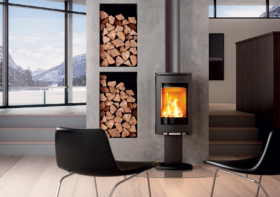
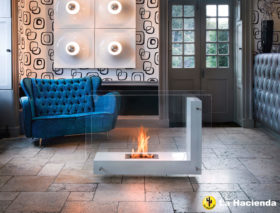


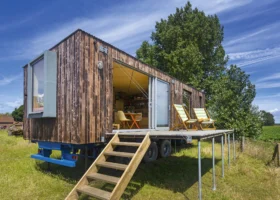
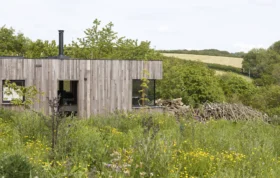
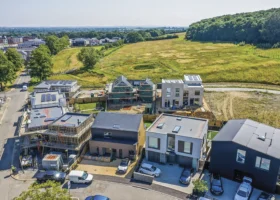
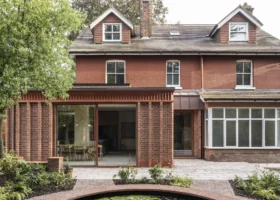
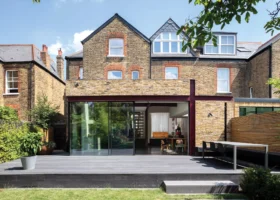
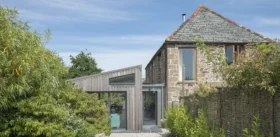



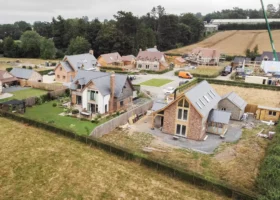

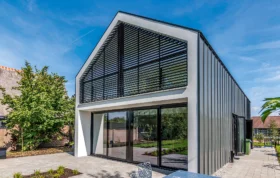

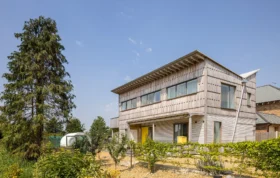
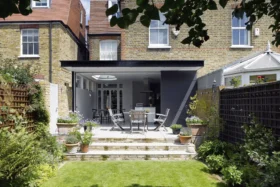
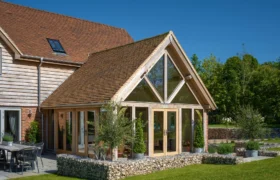
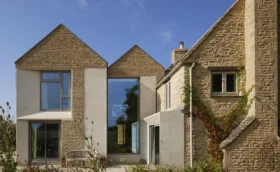
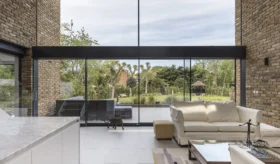
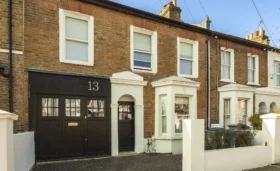
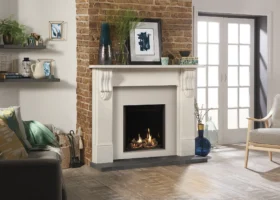










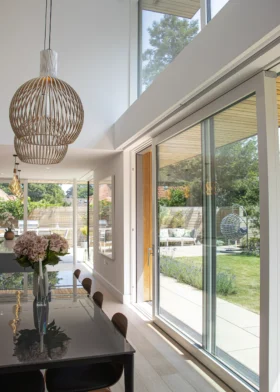
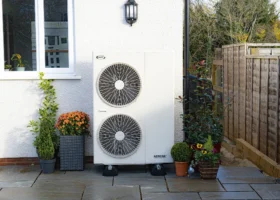

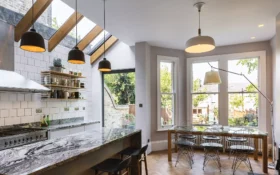
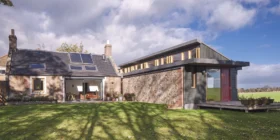



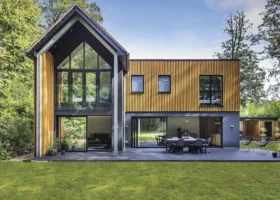
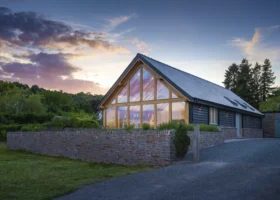
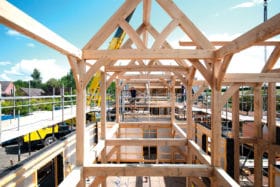
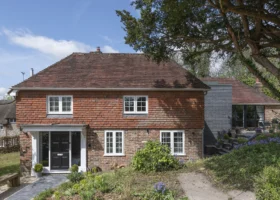
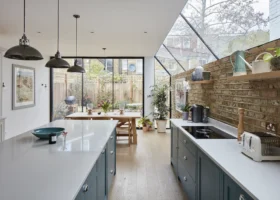

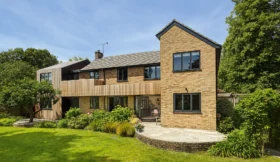

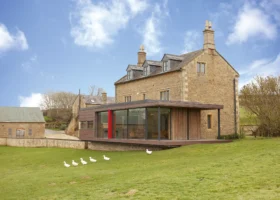
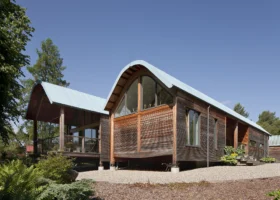

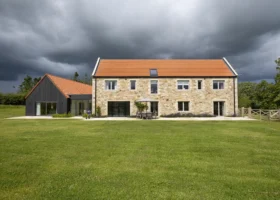
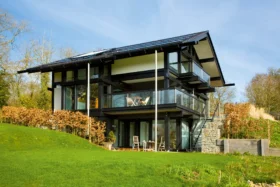


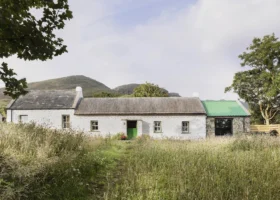
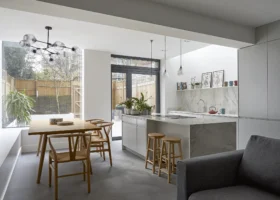

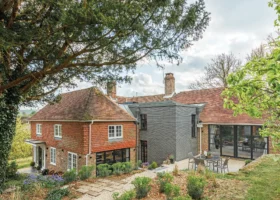
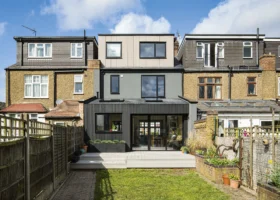
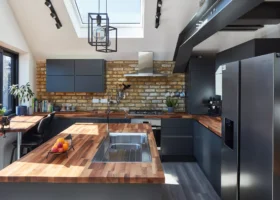
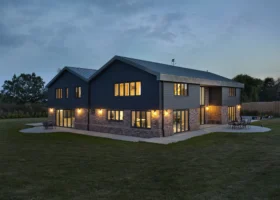





















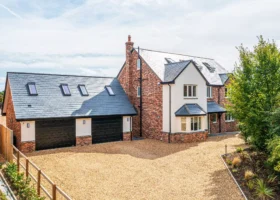
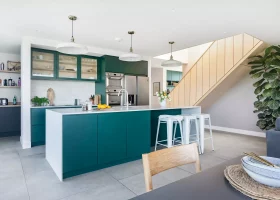

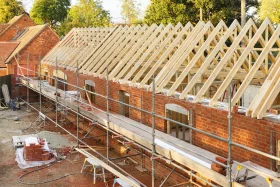






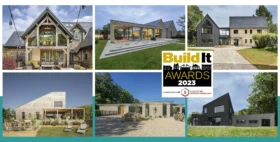


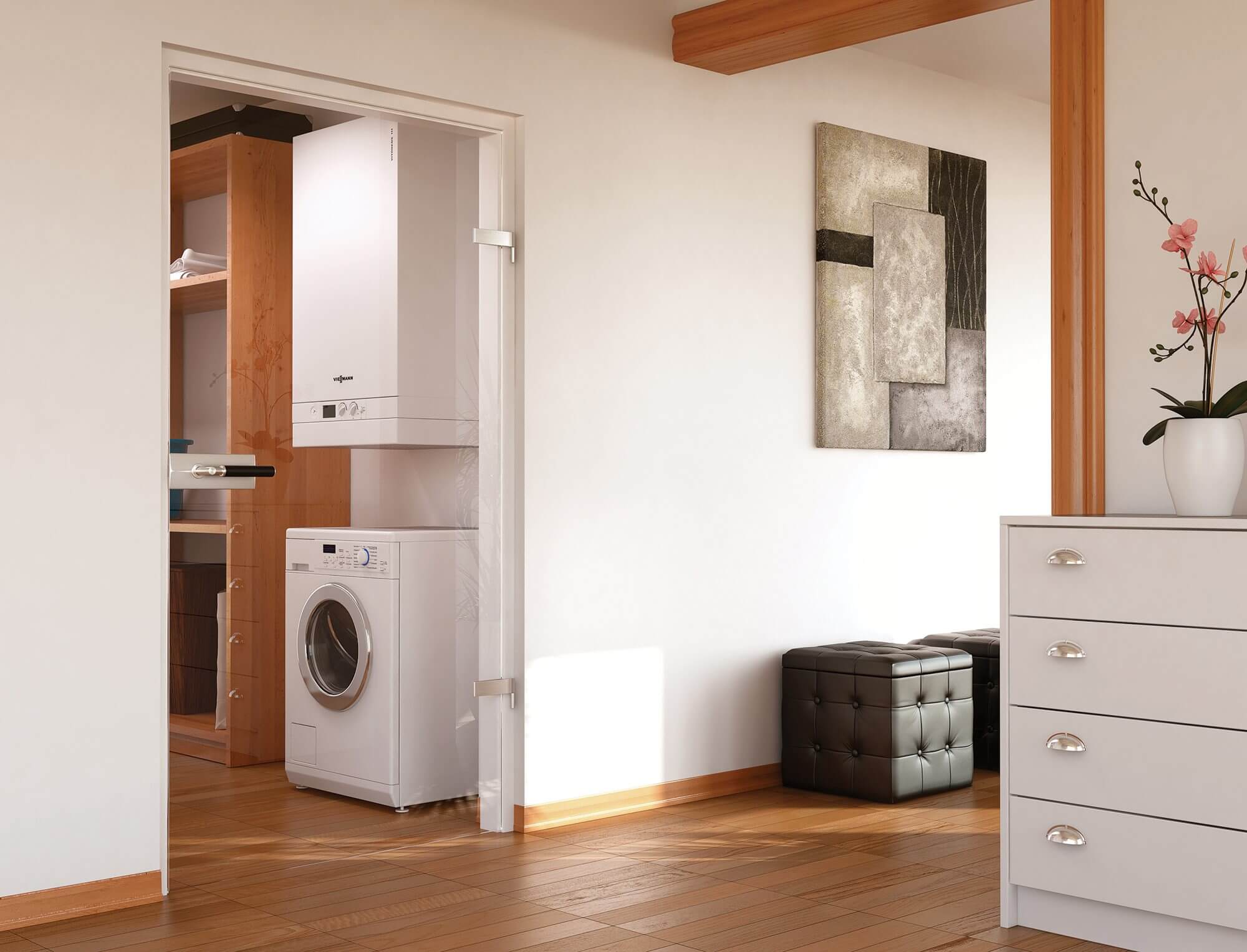
 Login/register to save Article for later
Login/register to save Article for later
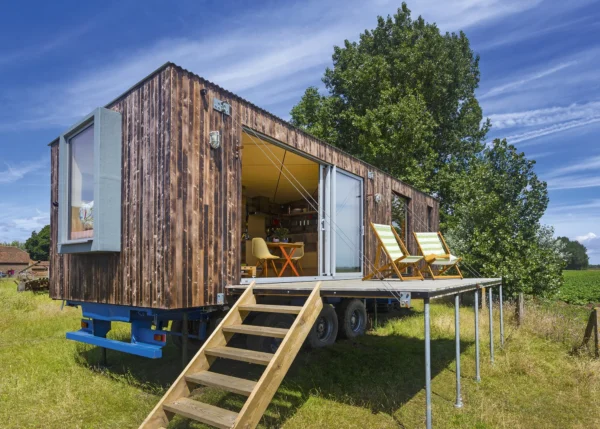
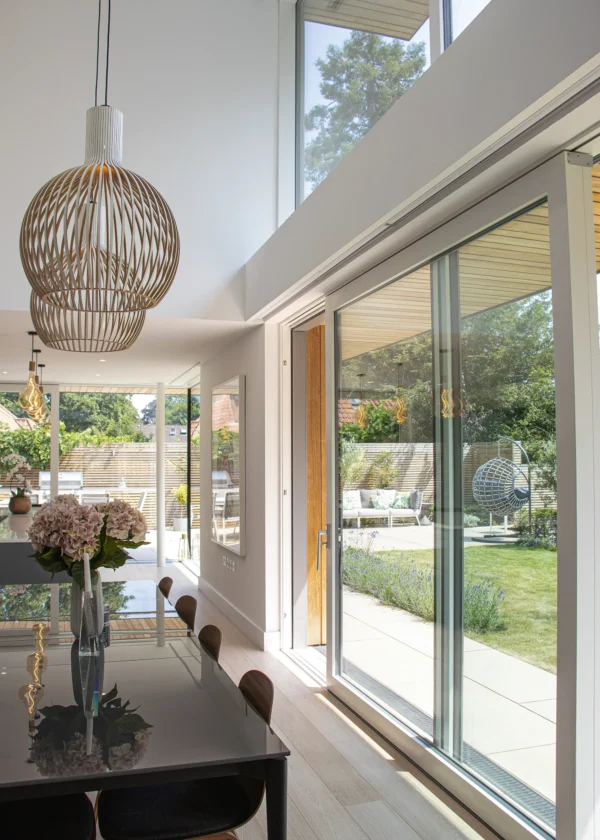
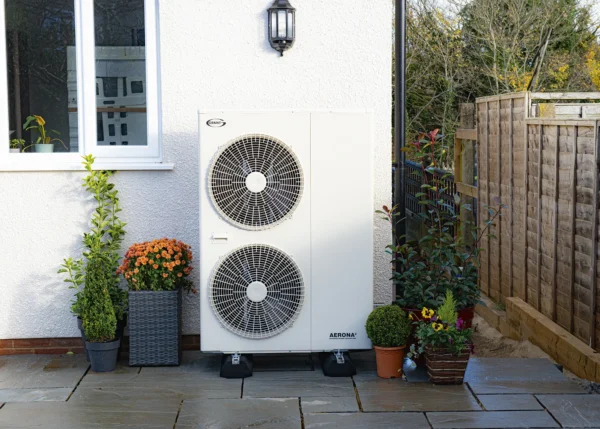
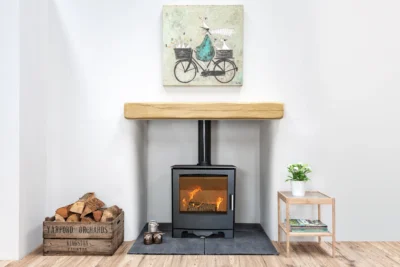
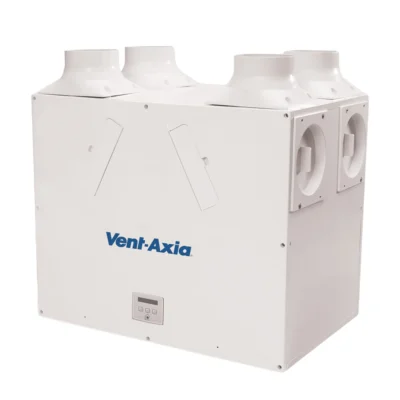
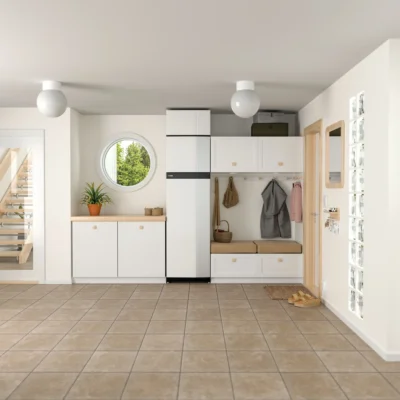






Comments are closed.